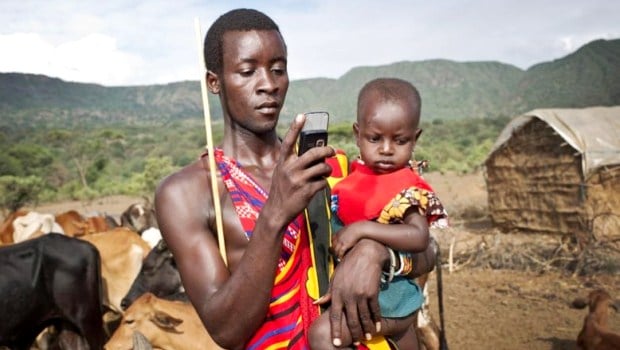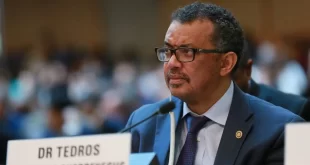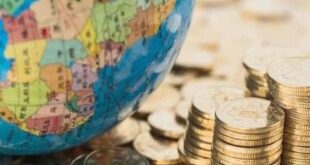In spite of big projects for rural electrification, drinking water and quality education for all, it remains much to do.
According to a study published by Afrobarometer on Wednesday, Africans have a better access to mobile phones than to the basic services such as health, water and education.
The investigation concerned 34 countries between 2011 and 2013 and according to the Pan-African pollsters association, 93 % of Africans have access to mobile telephony when they are only 88 % to be able to go to school, 59 % for tap water and 28 % connected to purge of waters system.
The data revealed the same that Madagascans and Guineans are respectively 29% and 28% not having access to mobile phones
All the same, 25% of Liberians do not have access to the mobile phones. They are 82% not having access to electricity and 89% not having tap water.
Afrobarometer indicated that Africa has nevertheless made progress these recent years. It noticed for example a progress of 15 marks for the access to electricity in 15 countries that were studied 10 years ago.
On average, 36% of Africans are still not connected according to the last study.
Everywhere, countryside is worse off: so, only 44% of countrymen have electricity against 93% of inhabitants in cities.
The data show « the enormous needs in basic services by a great part of the continent« , underlined Afrobarometer that notes « the lack of key service infrastructures is due to the extent and the severity of poverty« .
Formerly, mobile phone was accessible for well-off classes as it was very expensive with regard to the average income.
Today, we count more than 650 million mobile phones in use in Africa that is ahead of the United States and Europe.
At the same time as mobile phone has become imperative on the continent, the device considerably evolved to become the African pocket computer.
The technological innovation henceforth irrigates Africa via these mobile phones thanks to SMS services and, for smartphones, by Web.
Today, mobile phone allows bringing banking, administrative, medical, school, entrepreneurial services to Africans among whom 60% live in rural areas.
With 650 million devices, Africa is ahead of the United States and Europe regarding mobile phones.
Original text by: Blaise AKAME
 Africa Top Success Ils font l'Afrique
Africa Top Success Ils font l'Afrique









